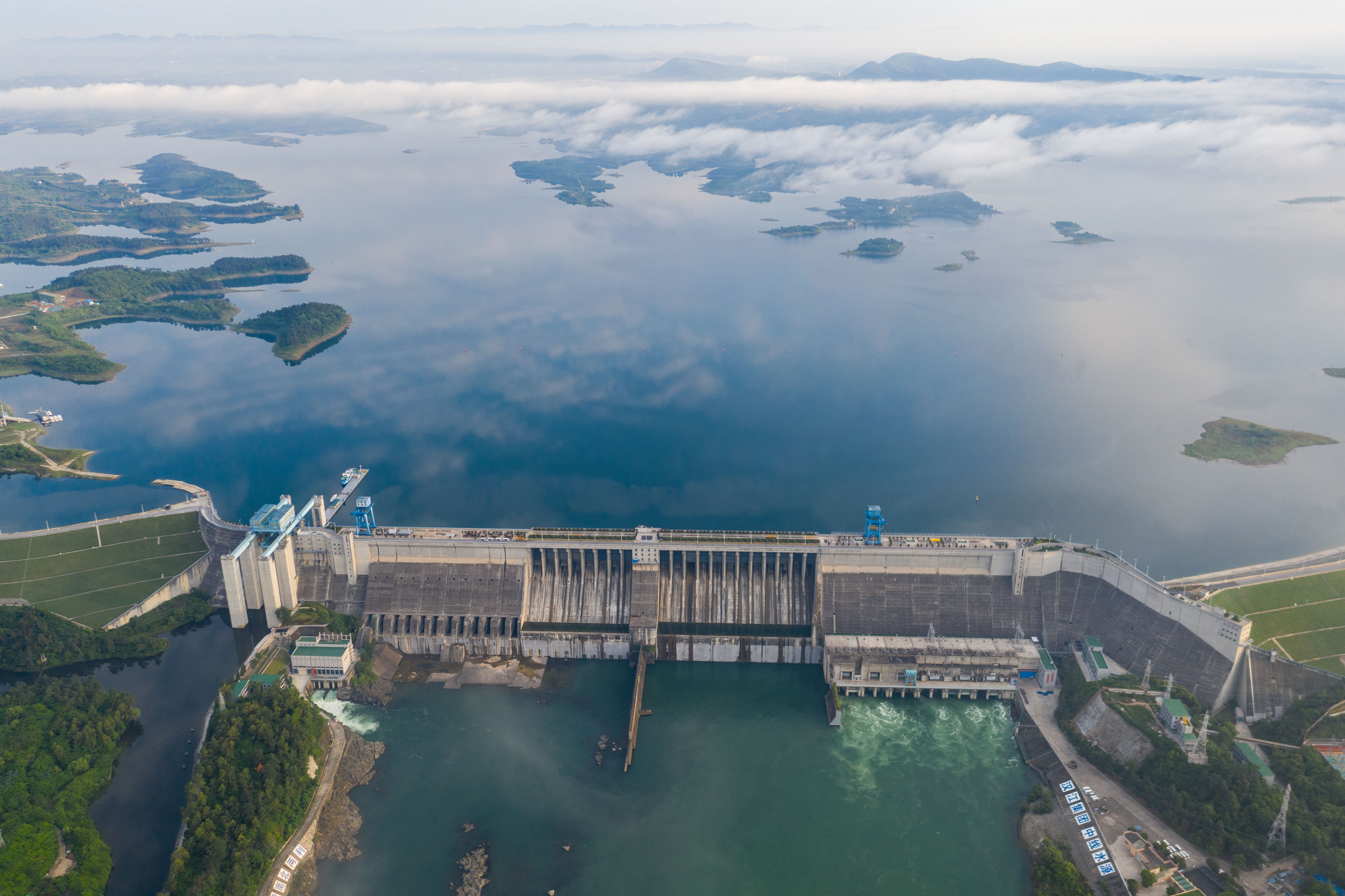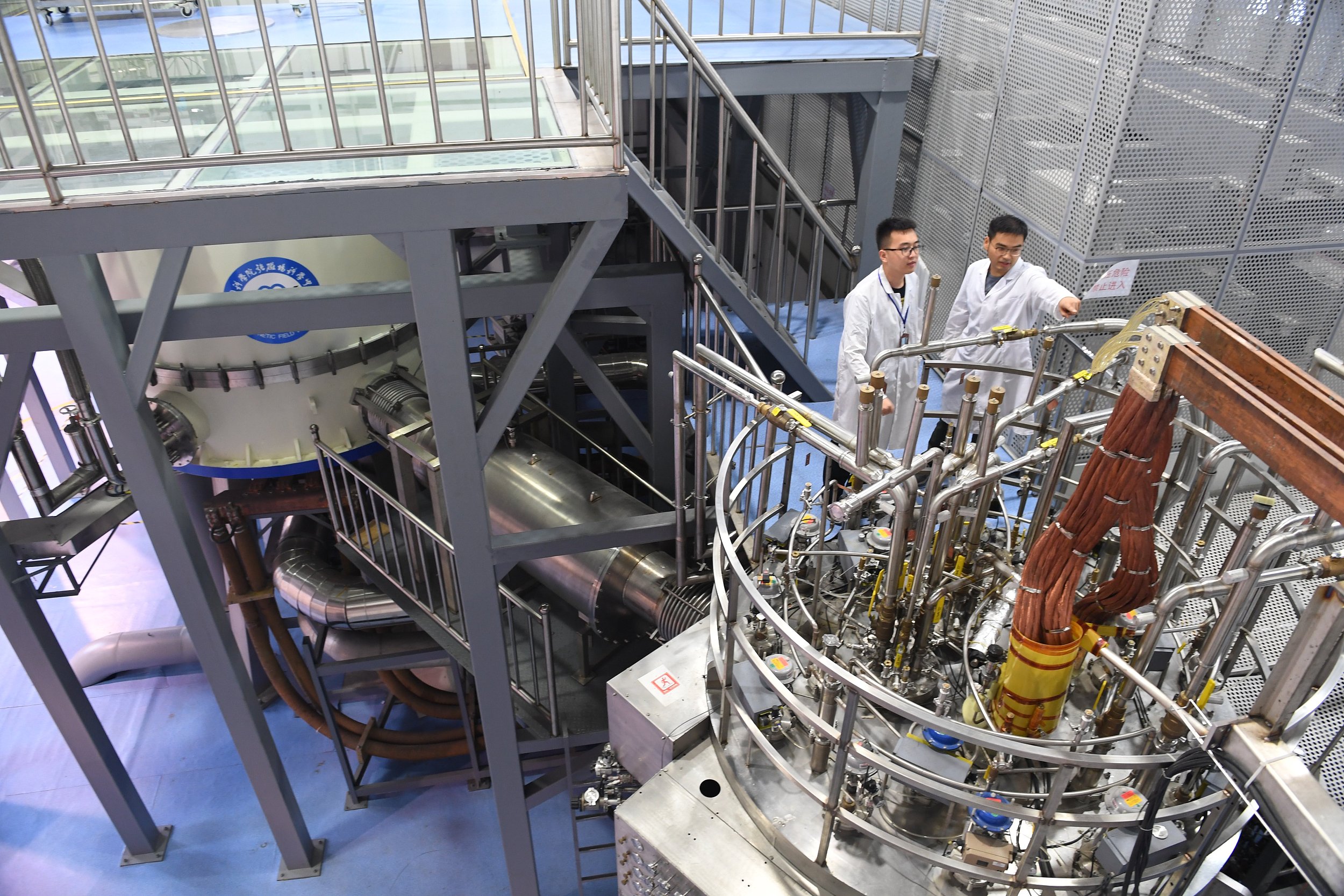Safeguarding Water Security

By CHEN Chunyou
China will make concerted efforts to improve aquatic environment, water resources and aquatic ecosystems, while strengthening ecological conservation of major rivers, lakes and reservoirs. That's according to the report given to the 20th CPC National Congress.
Water management is of great importance to China's ecological protection and socioeconomic development, and closely related to people's well-being.
China has a large population and large economy, which require high consumption of water resources. The fact that there is a water shortage in the country's north and abundant water in the south, along with uneven distribution of water resources determines the importance of ensuring national water security.
Nearly 70 percent of metropolitan areas and more than 60 percent of major grain-producing areas are located in water-scarce regions, according to Shen Fengshan, president of General Institute of Water Conservancy and Hydropower Planning and Design, under the Ministry of Water Resources.
There is an urgent need to improve the allocation capacity of water resources, so as to address its spatial imbalance.
Building a national water network and establishing a high-quality water conservancy infrastructure system in areas of hydropower, water transport, and ecological protection in both urban and rural areas, is an option, said Shen. This is of great practical and long-term significance to solving such problems as water resource shortage and water disasters.
One typical product of the national water network is the South-to-North Water Diversion Project, which transferred 56.5 billion cubic meters of water from the south to the arid north to date, benefiting 150 million people.
Kuang Shangfu, president of China Institute of Water Resources and Hydropower Research, stressed the necessity to improve water resource utilization, and suggested the exploration of water recycling should be strengthened in water-scarce areas, while the R&D of seawater desalination technologies should be carried out in coastal areas.
Currently, China is advancing the smart water conservancy action plan.
Water management should be the unit to implement unified planning and this is where digital technology can play a role, said Lu Jinyou, president of Changjiang River Scientific Research Institute.
In the past, the digitalization of watershed monitoring systems has facilitated the process of smart simulation and decision-making in flood- and drought-related disaster prevention and control.
BeiDou Navigation Satellite System, 5G technology and other technologies should be further employed to upgrade the ability of ground monitoring, remote sensing monitoring and emergency monitoring, said Lu.


